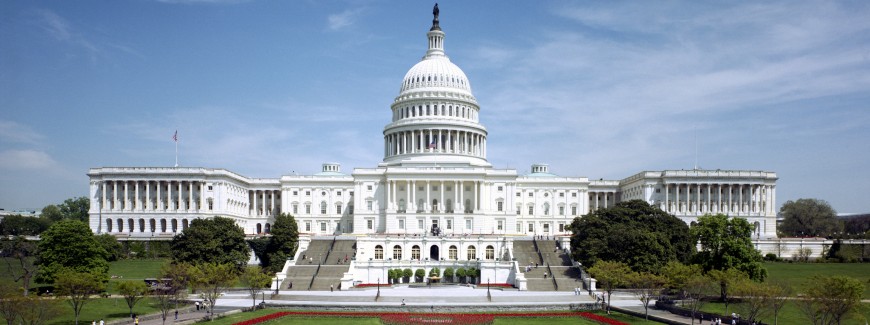Small Business Administration report offers no alternatives
to the personal guarantee
by Karen Kahn

requesting a hearing on the SBA lending report.
In early September, the National Cooperative Business Association, along with 90 partner organizations, requested that the U.S. Senate and House Small Business Committees consider holding a hearing on a recent report from the Small Business Administration on cooperative lending.
The SBA report fulfills a requirement of the Main Street Employee Ownership Act for SBA to review its personal guarantee requirement for small business loans.
The request is in response to Cooperative Lending – Personal Guarantee Requirement [pdf], an SBA report submitted to Congress in late August. The report fulfills a requirement of the Main Street Employee Ownership Act for the SBA to review its personal guarantee requirement for small business loans, a provision that hinders access to SBA financing for cooperatives.
The personal guarantee requires that one person—or one entity—guarantee the payback of the loan should the business fail. When a sole proprietor applies for an SBA loan, his or her home is usually sufficient to meet this requirement. But for cooperatives with multiple owners, a personal guarantee by one person who does not own all the assets of the business is inappropriate and usually not feasible. Nor is it feasible for cooperative worker-owners or member-owners to create a separate entity to guarantee the loan.
- Waive personal guarantees for any loans to cooperatives, if the loan is fully collateralized (USDA Rural Development Agency policy).
- In lieu of a personal guarantee, accept a covenant to withhold distribution of cooperative profits until the agency loan is paid in full (USDA Rural Development Agency policy).
- Accept additional equity (30 percent of the total project) from the members of the cooperative in lieu of a personal guarantee.
- Waive the personal guarantee requirement for cooperatives located in HUBZone or Food Deserts, for women-owned cooperatives, or for cooperatives owned by minorities.
- Reopen the Intermediary Lending Pilot program, which expired in 2013. That program relied on the lending criteria of the intermediary lender and didn’t require a personal guarantee.
- Require seller to maintain partial ownership for a limited time and provide its personal guarantee for a limited time.
In February and March 2019, the SBA met first with the U.S. Department of Agriculture (USDA) Rural Development Agency and then held two listening sessions, attended by 30 cooperative organizations, to consider alternatives to the personal guarantee. During these meetings, participants offered six alternative solutions:
SBA rejected all of these proposals, and offered only one alternative: for the seller to offer a personal guarantee for the life of the loan. NCBA rightly points out that this “solution” in fact creates another obstacle for cooperatives seeking financing.
“This is an entirely unreasonable request for a business owner entering retirement,” NCBA writes in its letter to Congress. “Imagine a small business owner selling their business but having to sign a personal guarantee for the buyer’s own loan.
NCBA concludes its letter with a request for the Small Business Committees to become more pro-active in resolving the loan guarantee issue, in order to give cooperatives equal access to small business financing offered by the federal government:
For decades, the cooperative industry has asked SBA to level the playing field for cooperative businesses. In 2012, a House delegation sent a letter to SBA to resolve this issue, and now seven years later, Congress has again directed the agency to finally find a solution. With the seeming lack of support from the SBA, we ask that your committee assert itself and make this a priority to resolve.
Karen Kahn provides communications consulting and editorial support for Fifty by Fifty.
To follow Employee Ownership News, subscribe to the Fifty by Fifty newsletter or follow us at Medium.
